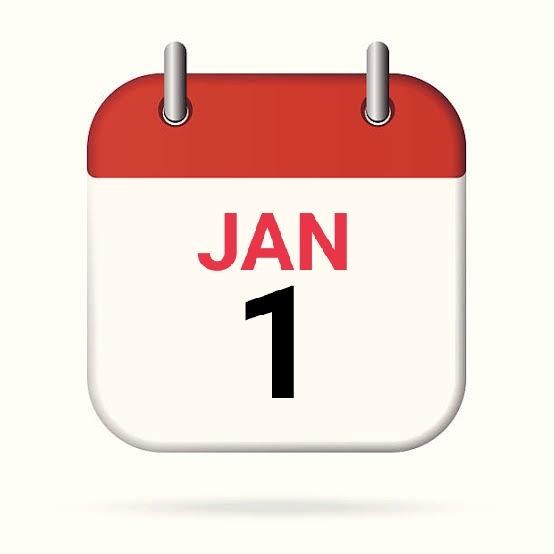January 1 marks the beginning of a new year, a time for fresh starts, new beginnings, and reflection on the past year. But beyond its association with New Year’s Day, January 1 has its own rich history, cultural significance, and interesting events.
Meaning and Significance
January 1 is the first day of the year in the Gregorian calendar, marking the beginning of a new cycle. It’s a time for setting goals, making resolutions, and looking forward to the future.
History and Events
1. 45 BCE : The Julian calendar took effect, making January 1 the first day of the year.
2. 1788 : The first edition of The Times of London was published.
3. 1863 : The Emancipation Proclamation took effect in the United States.
4. 1914 : The first commercial airline flight took place.
Birthdays
1. 1735 : Paul Revere, American patriot and silversmith
2. 1774 : André Marie Ampère, French physicist and mathematician
3. 1895 : J. Edgar Hoover, American law enforcement administrator and director of the FBI
4. 1942 : Country Joe McDonald, American musician and activist
5. 1959 : Michel Onfray, French philosopher and writer
Deaths
1. 1515 : Louis XII of France
2. 1748 : Johann Bernoulli, Swiss mathematician
3. 1894 : Heinrich Rudolf Hertz, German physicist
4. 1972 : Maurice Chevalier, French actor and singer
Longest Night
January 1 is not the longest night of the year, but rather December 21 or 22, which marks the winter solstice in the Northern Hemisphere.
Activities
1. New Year’s Day Celebrations : People around the world celebrate the start of a new year with fireworks, parties, and family gatherings.
2. Making New Year’s Resolutions : Many people use January 1 as an opportunity to reflect on their goals and make new year’s resolutions.
Holidays and Observances
1. New Year’s Day : A global holiday marking the beginning of a new year.
2. Global Family Day : A day to promote family values and togetherness.
Zodiac Sign
Capricorn (December 22 – January 19)
Incidents and Earthquakes
1. 1907 : A 6.5-magnitude earthquake struck the Indonesian island of Sumatra.
2. 1987 : A 5.9-magnitude earthquake struck the Armenian Soviet Socialist Republic.
Historical Exams
Test your knowledge about January 1 with these historical exams:
1. What significant event occurred on January 1, 45 BCE?
a) The Julian calendar took effect
b) The first edition of The Times of London was published
c) The Emancipation Proclamation took effect
Answer: a) The Julian calendar took effect
Trivia or Facts
1. January 1 is the most widely celebrated holiday in the world.
2. The first New Year’s Eve celebration in Times Square took place in 1904.
FAQs
Q.1 What is the significance of January 1?
Ans – January 1 marks the beginning of a new year, a time for fresh starts, new beginnings, and reflection on the past year.
Q.2 What holiday is observed on January 1?
Ans – New Year’s Day is observed on January 1.
Conclusion
January 1 is a day of celebration, reflection, and new beginnings. With its rich history, cultural significance, and interesting events, there’s no shortage of fascinating facts and surprises to discover about this day.

